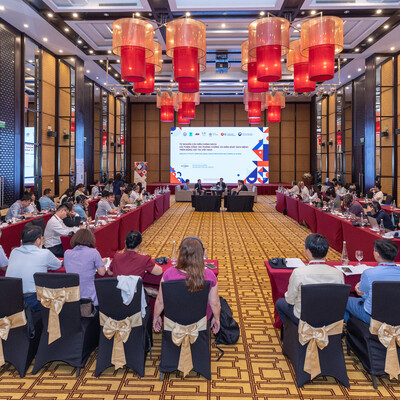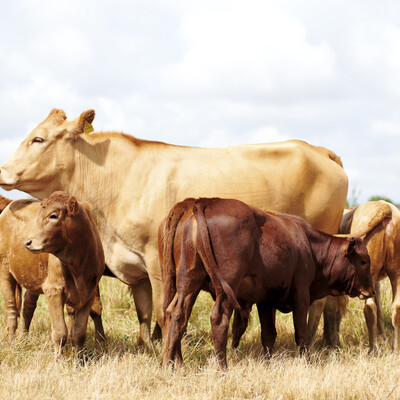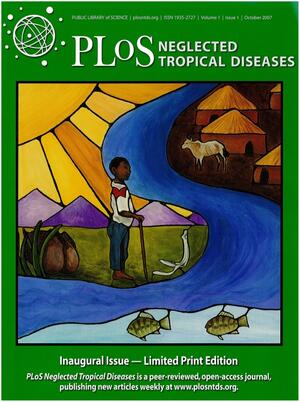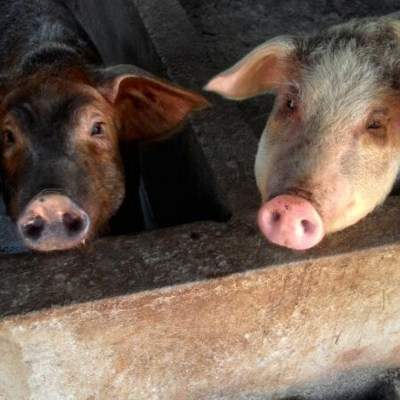
ILRI’s response to the pandemic: A deepening engagement with the press and policymakers
The International Livestock Research Institute (ILRI) is launching an initiative to share, as broadly as possible, its research on issues related to COVID-19 with the media, policymakers and the public, and to make its experts available to comment on fast-moving developments in the field.
Since its origin, most likely in a traditional market in Wuhan in central China, the disease has spread worldwide, with dire health and economic consequences for millions.
ILRI is not a public health organization and cannot speak directly to the pandemic itself. But as a scientific research institute focused on livestock in the developing world, it has for years been at the forefront of research on zoonotic diseases, One Health approaches, food and nutrition security, gender equity and global food systems—issues that will be of fundamental importance as the world responds to the pandemic.
‘ILRI and its partners are in a unique position to contribute research-based evidence and solutions’, said its director general, Jimmy Smith, in an open letter to ILRI’s many partners and contributors. ‘We plan to use that knowledge, informed by our ongoing research, to help make sure that public policies are based on science and evidence, and that they are consonant with local realities’.
ILRI scientists already are contributing to the public discussion on COVID-19 by writing blogs and op-eds and engaging with the media. It has started to collate these efforts on a special page on its website, which focuses on ILRI’s expertise on zoonotic diseases like COVID-19.
The page provides scientific background for understanding the emergence of zoonotic diseases; assembles some of the important papers ILRI has published on that and associated topics; features stories on some of the related projects it has carried out; and outlines some critical lessons for moving forward. It also provides a list of ILRI experts who can discuss these matters with the press, investors and policymakers.
The initiative is part of a wider effort by CGIAR, which has undertaken a number of actions across the system to respond to the crisis.

















